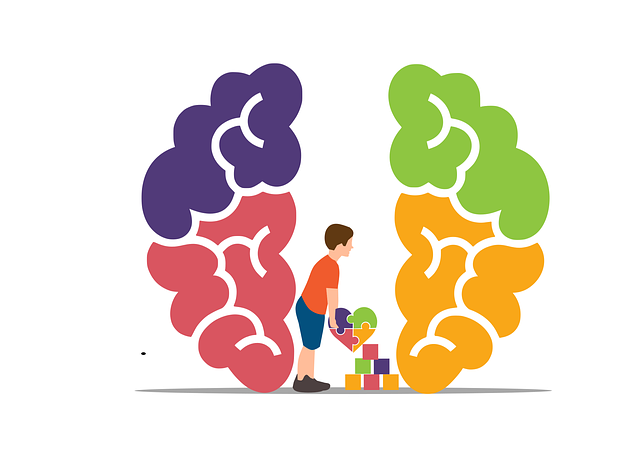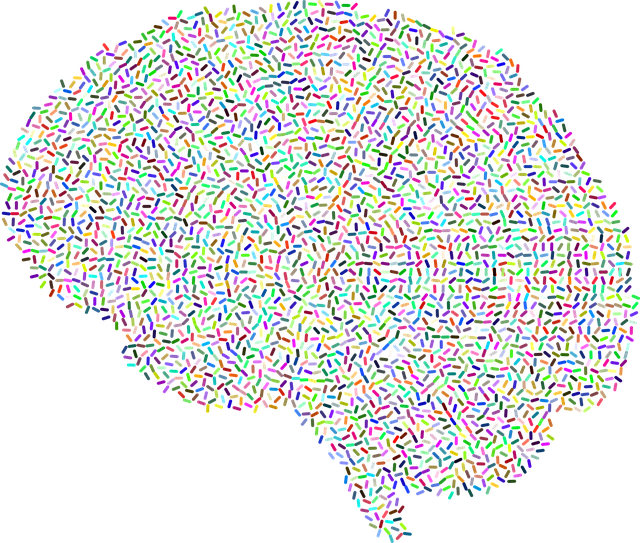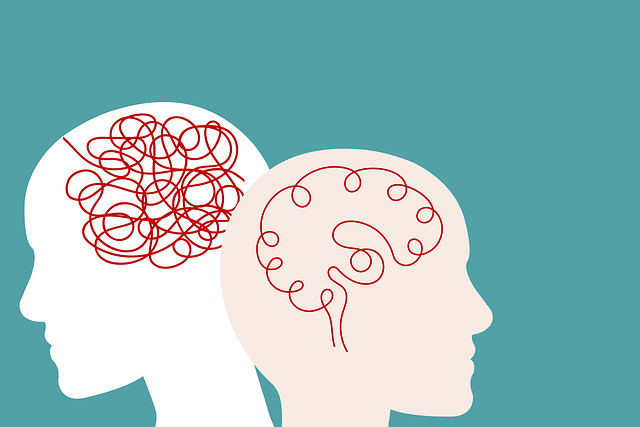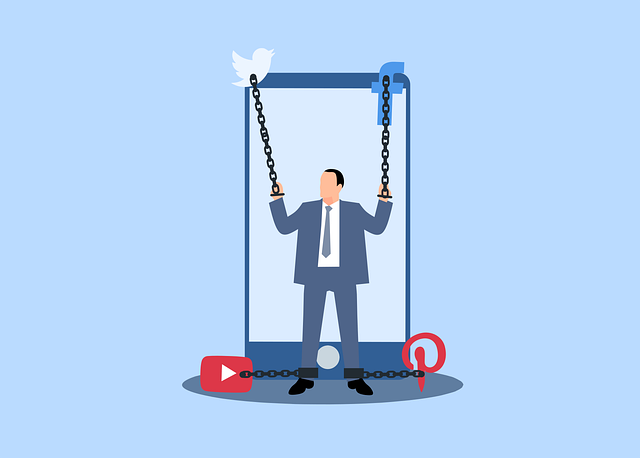Stress is a significant challenge for adults with Attention-Deficit/Hyperactivity Disorder (ADD-ADHD), impacting daily life and well-being. Specialized therapy strategies, such as Cognitive Behavioral Therapy (CBT) and mindfulness practices, empower individuals to manage stress, improve focus, and reduce anxiety. Practical techniques include structured routines, clear boundaries, and relaxation methods. Cultural competency training for healthcare providers and mental wellness coaching programs further enhance coping mechanisms and emotional resilience in adults with ADD-ADHD.
Stress reduction is a vital aspect of managing Attention Deficit Disorder (ADD) and Attention Deficit Hyperactivity Disorder (ADHD), especially in adulthood. This article explores comprehensive strategies to alleviate stress, focusing on the unique challenges faced by adults with ADD-ADHD. We begin by dissecting the profound impact of chronic stress on this demographic, followed by an examination of therapeutic approaches tailored for effective stress reduction. Additionally, practical daily management techniques are presented, offering a multi-faceted approach to well-being, particularly in the context of therapy for adults with ADD-ADHD.
- Understanding Stress and Its Impact on Adults with ADD-ADHD
- Exploring Therapeutic Approaches for Effective Stress Reduction
- Practical Strategies for Daily Stress Management
Understanding Stress and Its Impact on Adults with ADD-ADHD

Stress is a common challenge faced by many adults with Attention-Deficit/Hyperactivity Disorder (ADD-ADHD), impacting their daily lives and overall well-being. This condition, often characterized by difficulty focusing, hyperactivity, and impulsivity, can make managing stress particularly challenging. Adults with ADD-ADHD may struggle to process and respond to stressful situations in typical ways, leading to heightened anxiety and potential exacerbation of ADHD symptoms.
Understanding the unique relationship between stress and ADD-ADHD is crucial for implementing effective therapy strategies. Therapy for adults with ADD-ADHD often involves tailored communication strategies to address these specific concerns. By incorporating techniques such as mindfulness and relaxation exercises, mental health professionals can empower individuals to develop healthier coping mechanisms. Additionally, risk management planning is essential, focusing on identifying triggers, setting realistic goals, and providing tools to mitigate stress-related challenges. This holistic approach aims to enhance their ability to navigate stressful situations, improve focus, and ultimately promote anxiety relief.
Exploring Therapeutic Approaches for Effective Stress Reduction

Stress reduction is a multifaceted process that often requires tailored therapeutic approaches. For adults with Attention Deficit Disorder (ADD-ADHD), exploring specialized treatments can be transformative. Cognitive Behavioral Therapy (CBT) has proven effective in managing stress and improving focus by identifying and changing negative thought patterns. This therapy empowers individuals to develop coping mechanisms, enhance emotional intelligence, and regulate their mood more effectively.
Integrating mindfulness practices and relaxation techniques within these therapeutic frameworks is invaluable for burnout prevention strategies, especially among healthcare providers. By incorporating strategies like meditation and deep breathing exercises, professionals can reduce stress levels, improve job satisfaction, and maintain emotional balance. These methods foster a sense of calm, enhance self-awareness, and contribute to overall well-being, all essential components in navigating the challenges of modern life and professional demands.
Practical Strategies for Daily Stress Management

Managing daily stress is a crucial aspect of maintaining emotional well-being, especially for adults with ADD/ADHD who often face unique challenges. Practical strategies include incorporating structured routines and setting clear boundaries to create a sense of control. Mindfulness techniques such as meditation or deep breathing exercises can help individuals stay grounded in the present moment, reducing feelings of overwhelm.
Additionally, seeking therapy tailored to adults with ADD/ADHD is immensely beneficial. This specialized treatment, often coupled with cultural competency training for healthcare providers, equips individuals with coping mechanisms and promotes emotional resilience. Mental wellness coaching programs focused on developing self-care practices can further enhance stress management skills.
In conclusion, managing stress is a vital aspect of improving quality of life for adults with ADD-ADHD. By understanding the unique impact of stress on this demographic and exploring therapeutic approaches tailored to their needs, individuals can gain valuable tools for effective stress reduction. Integrating practical strategies into daily routines further empowers them to navigate challenges and cultivate resilience. With the right combination of therapy and self-care practices, adults with ADD-ADHD can experience significant improvements in their overall well-being.










